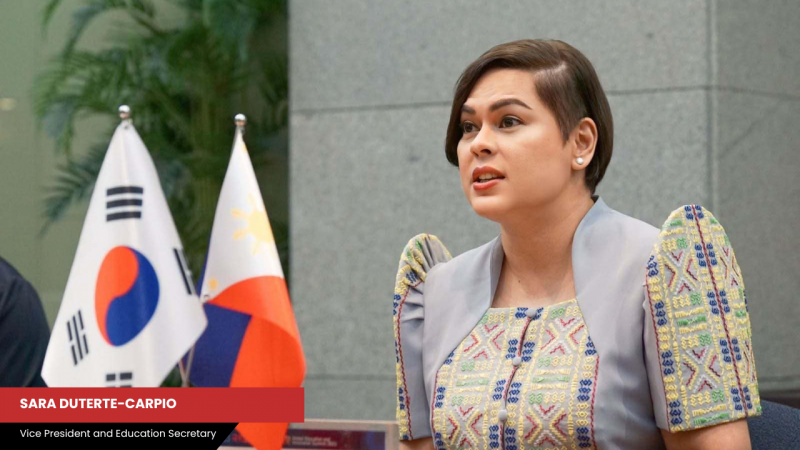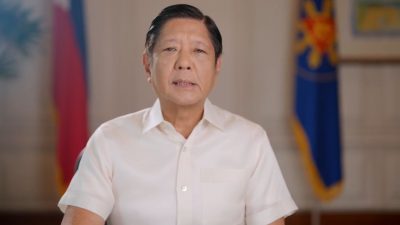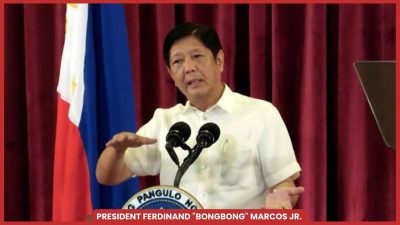By Vergel Labesig
VICE President and Education Secretary Sara Duterte admitted that technology will play a major role in education, thus the need for the sector to be responsive to its effects on learners.
“We now live in an era where undeniably, technology must be harnessed to improve access, quality, and equality in education,” Duterte said at the 2023 Global Education and Innovation Summit held in Seoul, South Korea Thursday.
Artificial Intelligence, she said, will also certainly create another paradigm shift in education.
“While this possibility will present newer and greater opportunities, it will also present many uncertainties in our vision of digital education,” she said.
Duterte added that the use of technology “should wrap around critical thinking, communication, collaboration, and creativity.”
Critical thinking, she said, helps learners differentiate truthful information from what is not, enabling them to make better judgments and decisions and become productive citizens.
“We must be responsive to the effects of technology in our educational systems,” she said, adding that education policymakers and experts need to be able to immediately assess the impact of technological innovations on the development of students.
“The most important result is not the technology itself, but how it affects the development of our students,” Duterte said.
“Lastly, adaptability and sustainability of new technology in education systems must be studied by the end users before implementation,” she said. “We must recognize that some technologies may work for one ecosystem but may not work for others.”
She said the impact and effectivity of technology should be determined by the users — the teachers and students.
She stressed that the “ultimate result of all our efforts should be the molding of productive global citizens, equipped with 21st-century skills, but with a heart for nation-building.”







